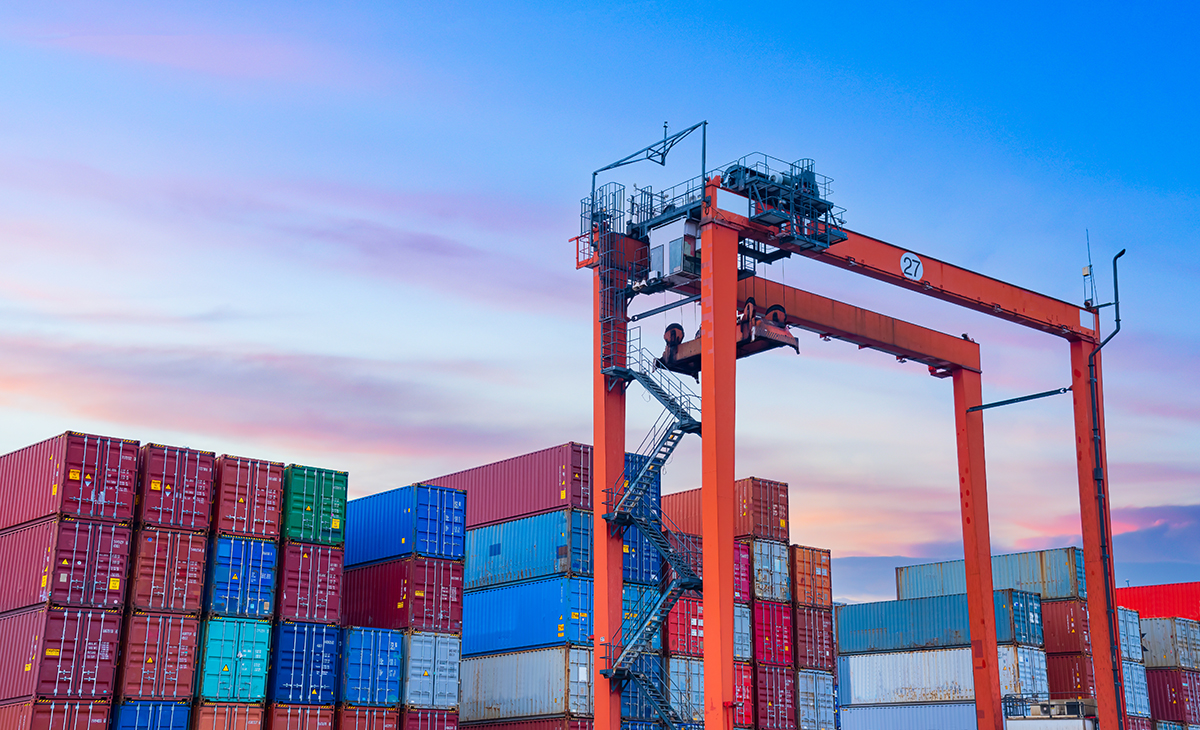African exports to US under threat as the future of AGOA in doubt
The African Growth and Opportunity Act may not be renewed by President-elect Donald Trump

The future of the African Growth and Opportunity Act (AGOA), which grants African nations duty-free access to the US market for specific products, faces uncertainty as Donald Trump prepares to return to the White House. Earlier this month, the US completed its annual AGOA eligibility review, confirming no changes to the lists of eligible and ineligible countries. However, with the programme set to expire in September 2025 and its renewal remains in doubt.
AGOA, enacted in 2000 under President Bill Clinton and extended twice, has been a cornerstone of US-Africa trade relations. Yet Trump’s emphasis on trade reciprocity contrasts sharply with AGOA’s one-sided benefits, which allow African countries to export duty-free to the US without opening their own markets in return. It has been speculated that if AGOA is renewed, it could take a more transactional form, potentially narrowing tariff-free access.
Th setback may be felt most severely by South Africa which accounts for more than 30% of African exports under AGOA. Its participation in AGOA had come under particular scrutiny mainly due to its upper-middle-income classification. Critics argue that AGOA’s benefits should prioritise lower-income countries. 17 African countries – some far less endowed than South Africa – do not qualify for AGOA. Additional problems stem from South Africa’s diplomatic alignment with Russia, China, and Iran, as well as its decision to take Israel to the International Court of Justice over its military campaign in the occupied Palestinian territory of Gaza.
Relations soured further after US ambassador to South Africa went public with claims that South Africa had supplied weapons to Russia – claims a subsequent inquiry found unsubstantiated. It deteriorated further after South Africa decide to participate in joint naval exercises with Russia and China, both whom are considered adversaries by the West. US lawmakers, for now, however have decided against formally reviewing South Africa’s relationship with Washington, concluding it did not pose significant national security risks.
Nonetheless the return of Donald Trump once again as the next President of the US continues to cast a long shadow over AGOA. It requires US legislators to conduct annual eligibility reviews of beneficiaries. For SA, retaining its status as a beneficiary is crucial as AGOA provides preferential access for about 20% of the country’s exports to the US and it has most to lose if the bill is not renewed next year.
South Africa’s BRICS membership could also jeopardise its standing. Earlier this month, he warned that BRICS nations would face “100% tariffs” if they pursued a new currency to rival the US dollar.
Some analysts believe that Trump’s return may not spell the end of AGOA. Africa accounts for less than 1% of American imports, limiting its economic impact. Furthermore, AGOA aligns with US geopolitical interests, particularly in countering China’s influence in Africa.
The Trump administration may see AGOA as a tool to foster positive relations with African nations while securing access to critical minerals. In December, President Joe Biden visited Angola to endorse the Lobito Corridor railway project for the transport of copper and cobalt from the Democratic Republic of Congo and Zambia to Angola’s Lobito port. The US Development Finance Corporation (DFC) has pledged US$553m in financing for the initiative, perceived (albeit erroneously) as a strategic project that will dilute China’s grip on Africa’s resource sector. Analysts expect Trump to adopt a tough stance on China and possibly support elements of the Lobito project.
In 2023, total US imports under AGOA amounted to US$9.7bn. Nigeria led with US$3.8bn in exports, primarily crude oil, while South Africa followed with US$3.6bn, dominating non-oil exports such as vehicles, jewellery, and citrus fruit. The next largest exporters under AGOA were Kenya (US$510m), Ghana (US$340m), Madagascar (US$339m), and Angola (US$260m).
References
‘South Africa's reliance on preferential access to the US market and the potential impact of an AGOA exit’, Brookings, November 2023
‘2024 Biennial Report on the Implementation of the African Growth and Opportunity Act’, Office of the United States Trade Representative, June 2024
‘South Africa braces for a Trump victory’, Foreign Policy, 04 November 2024
‘With Trump election win, Africa braces for US aid cuts, uncertainty’, Aljazeera, 09 November 2024
'Uncertain future: How a Trump presidency could reshape South Africa’s economic landscape', Daily Maverick, 09 November 2024
‘Biden meets African leaders in Angola to advance Lobito railway project’, Reuters, 04 December 2024
‘Statement from USTR spokesperson Sam Michel on the African Growth and Opportunity Act Eligibility Review’, Office of the U.S. Trade Representative, 21 December 2024
‘Agoa extension ‘a good basis’ for stronger SA-US relations – Tau’, Moneyweb, 24 December 2024














/enri-thumbnails/careeropportunities1f0caf1c-a12d-479c-be7c-3c04e085c617.tmb-mega-menu.jpg?Culture=en&sfvrsn=d7261e3b_1)

/cradle-thumbnails/research-capabilities1516d0ba63aa44f0b4ee77a8c05263b2.tmb-mega-menu.jpg?Culture=en&sfvrsn=1bc94f8_1)







